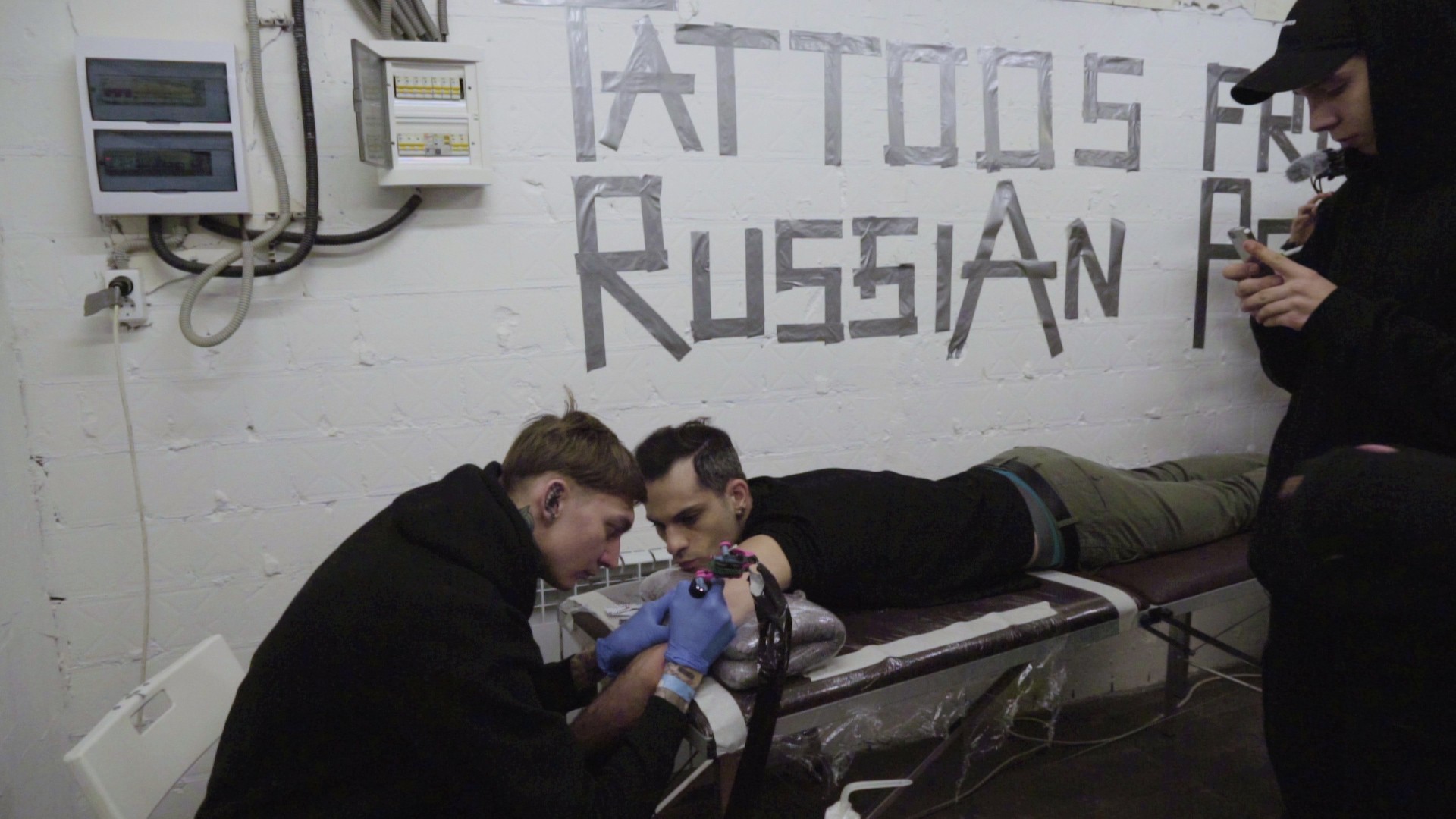U.K. Prime Minister Theresa May promised not to go easy if the Kremlin failed to to explain how a rare, Russian-made nerve agent ended up poisoning a former British spy. Now, she’s followed through.May announced a raft of sanctions against Russia on Wednesday, including expelling diplomats, severing high-level contacts, and freezing assets, after Moscow failed to meet a midnight deadline to explain how the nerve agent, Novichok, was used in the attempt to kill former double agent Sergei Skripal and his daughter in the town of Salisbury on March 4. The two are still fighting for their lives.Russia, however, completely ignored the ultimatum to provide an explanation. Speaking in Parliament Wednesday, May said the country had responded with “complete disdain.”“There is no alternative conclusion other than that the Russian state was culpable for the attempted murder of Mr. Skripal and his daughter, and for threatening the lives of other British citizens in Salisbury,” she said. “This represents an unlawful use of force by the Russian state against the United Kingdom.”In response, May announced that 23 Russian diplomats, who she said had been identified as “undeclared intelligence officers,” would be given a week to leave. It’s the biggest expulsion of Russian diplomats from Britain in more than 30 years, she said.“For those who seek to do us harm, my message is simple: You are not welcome here,” she said.READ: What happens when Russia ignores the U.K.'s ultimatum over nerve agent attackMay added that Britain would also suspend all high-level bilateral contacts with Russia. Members of the royal family and government ministers won’t attend this year’s FIFA World Cup hosted by Russia, a way to politicize what will be a showpiece event for Russia on the world stage. Britain plans to rescind an invitation to Russian Foreign Minister Sergei Lavrov to visit as well.Britain will also ramp up its response to hostile activity from Russia, including freezing Russian assets “wherever we have the evidence that they may be used to threaten the life or property of U.K. nationals or residents,” May said.The creation of new laws will allow Britain to detain suspected intelligence operatives at the border and introduce Magnitsky Act-type amendments intended to seize the assets of people suspected of human rights abuses. British lawmakers have called for such measures as an effective way of exerting pressure on Vladimir Putin and the Russian elites which support him.“We will continue to bring all the capabilities of U.K. law enforcement to bear against serious criminals and corrupt elites,” May said. “There is no place for these people — or their money – in our country.”May said Britain would also pursue measures against Russia that she couldn’t disclose publicly.A day earlier, Putin had brushed off questions about the use of Novichok at a press conference, and Russia’s embassy in London responded to the sanctions on Wednesday with the same attitude. “We consider this hostile action as totally unacceptable, unjustified and shortsighted. All the responsibility for the deterioration of the Russia-U.K. relationship lies with the current political leadership of Britain,” the statement reads.READ: British troops are decontaminating the site of the Russian spy attackSergey Kislyak, a senior member of Russia’s international affairs committee, and former ambassador to the U.S., vowed that Moscow’s response would be “harsh,” state-run RIA Novosti reported. “The reaction will be such that the UK will regret their actions,” he added.The sanctions were announced shortly after the British government called for an urgent meeting of the U.N. security council, which includes Russia as a permanent member, to update the body on its investigation into the Salisbury affair.British police have also announced that a counterterrorism unit was leading the investigation into the death of another Russian exile, Nikolai Glushkov, whose body was found in his London home on Monday. Glushkov, former deputy director of the Russian national airline Aeroflot, had been granted political asylum in the U.K. in 2010.While there’s no evidence of a link to the Salisbury case, according to London Metropolitan police, counterterrorism officers would lead the investigation “as a precaution because of associations that the man is believed to have had.”Glushkov had been a friend of the late Boris Berezovsky, a powerful oligarch and opponent of Vladimir Putin who was found hanged in his U.K. home in 2013. At the time, Moscow was suspected to have played a role in Berezovsky’s death, and the coroner returned an open verdict. Cover image: President Vladimir Putin's during a meeting with Acting Head of Dagestan Vladimir Vasilyev in Makhachkala. (Aleksey Nikolskyi/Sputnik via AP)
Cover image: President Vladimir Putin's during a meeting with Acting Head of Dagestan Vladimir Vasilyev in Makhachkala. (Aleksey Nikolskyi/Sputnik via AP)
Advertisement
Advertisement
Advertisement
